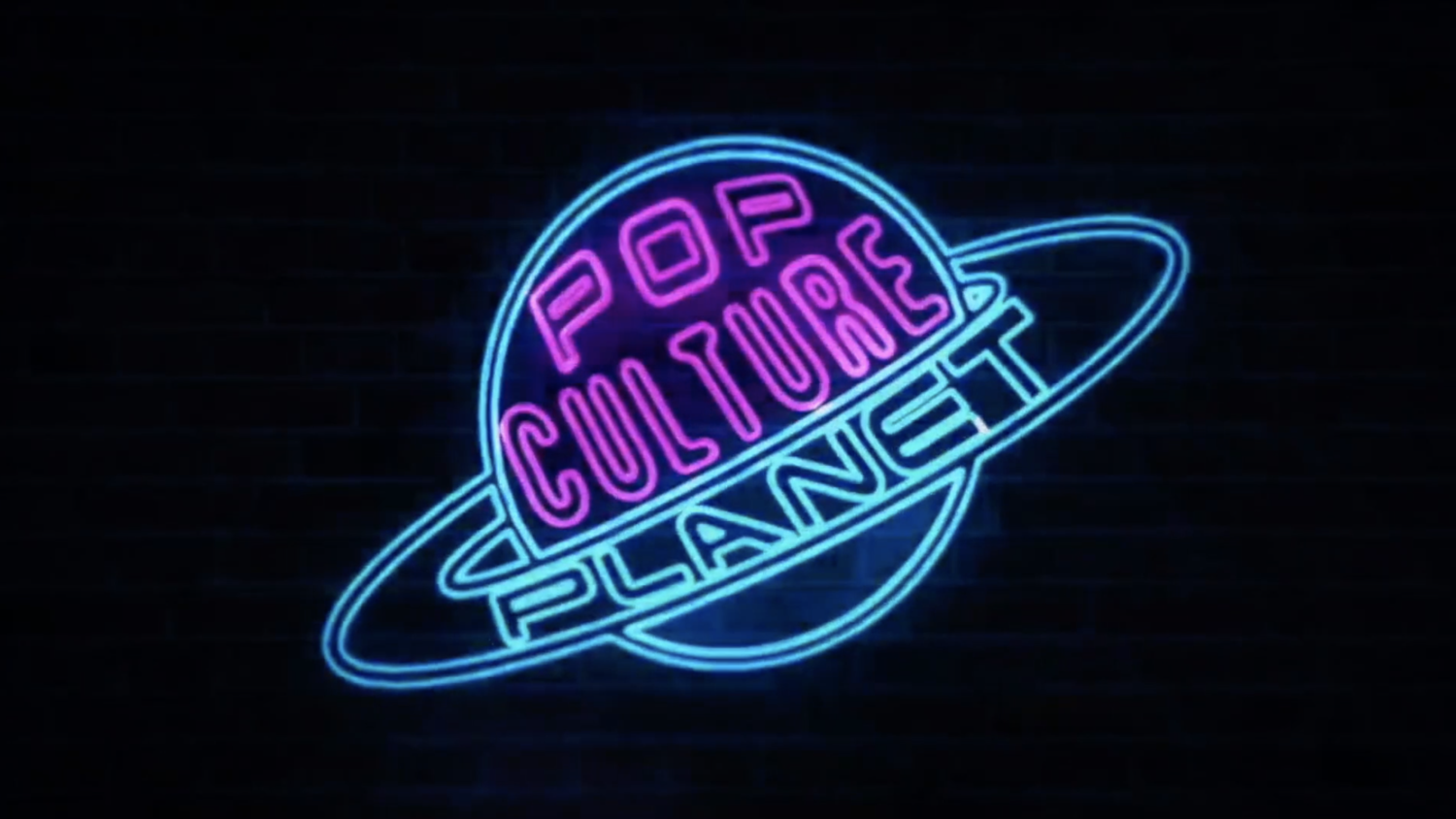Brie Larson Leads Heartwarming Feminist Tale in Lessons in Chemistry
Elizabeth Zott’s (Brie Larson) dream to be a scientist is put on hold in a 1950s patriarchal society in Lessons in Chemistry. When she finds herself fired from her lab and out of work, she accepts a position hosting a TV cooking show. Elizabeth sets out to teach the nation of overlooked housewives, and the men who are suddenly tuning in, a lot more than just recipes. Based on the New York Times best-selling novel by Bonnie Garmus, Lessons in Chemistry also stars Lewis Pullman, Stephanie Koenig, Kevin Sussman, Aja Naomi King, Patrick Walker, and Thomas Mann.
The season starts with Elizabeth working as a chemist assisting other male scientists in their research. There is clear sexism in the workplace, with other scientists assuming that she is a secretary. She conducts her own research after hours and is caught using another scientist’s materials. Her boss then threatens to fire her if she doesn’t participate more in the company culture. That culture being a pageant where female employees exploit themselves for the male employee’s entertainment. The series is set in the 1950s and clearly hones in on the sexist behavior that was not only constantly overlooked but encouraged.
The theme of sexism runs throughout the series. There is a flashback to Elizabeth’s college days where she was assaulted by a professor, forcing her to drop out of her program and not be given a PHD or Doctor title. This systematic problem of men running all important businesses and programs leaves women feeling powerless. This theme follows through to her television days where the producer forces her to wear certain clothes, say certain things, and promote sponsors she doesn’t believe in.
In the third episode Elizabeth’s partner, Calvin Evans (Lewis Pullman), is unexpectedly killed. The episode then follows Elizabeth and her dog Six-Thirty through their grieving process. There is an internal dialogue of the dog voiced by B.J. Novak. Though it only lasts for about one and a half episodes, it was an odd creative choice in my opinion that didn’t fit within the tone of the series.
Another large theme in the series is motherhood. For Elizabeth, she never wanted kids and preferred to put all her focus into her work. When she unexpectedly finds out she is pregnant not long after her partner’s death, she faces a decision that will change her life forever. The commentary on how women feel about motherhood and the forced roles a mother must play, not only in their child’s life, but in the partnership of parenting, makes you reflect on your own feelings and if they are genuine or forced on you by society.
The series also implements real life events into its fictional story. Elizabeth and Calvin live in a predominantly Black neighborhood and become very close with their neighbors. During the rise of the civil rights movement, Martin Luther King Jr. exhibited a nonviolent way of protest and activism. This is displayed in the series with a peaceful protest against a highway being built through their neighborhood, which Elizabeth promotes on her show. Though racism isn’t the primary issue in the series, it was necessary to include, especially given the time setting of the show.
Overall, the series is a heartwarming feminist tale of defying authority and paving your own path. Women should never belittle themselves just for a man’s approval and the world becomes a better place because of that. Brie Larson gives a compelling performance with a cold and rigid character, making the series that much more interesting. Whether you’re a fan of the book, or just learning about it now, Lessons in Chemistry is a must watch.
Lessons in Chemistry is streaming on Apple TV+.





